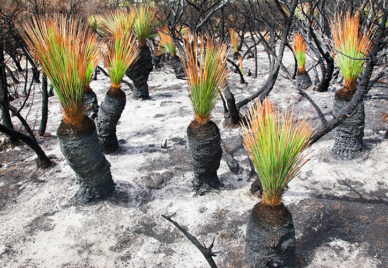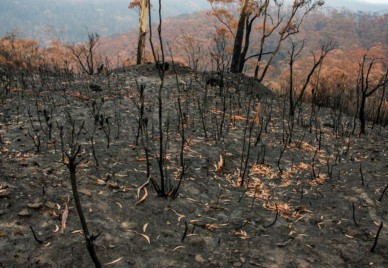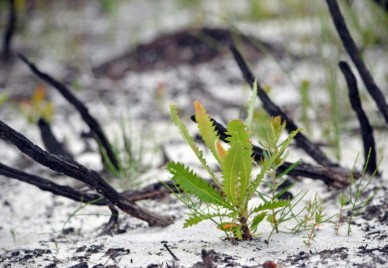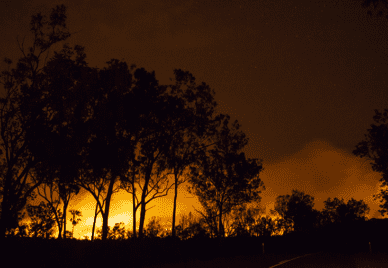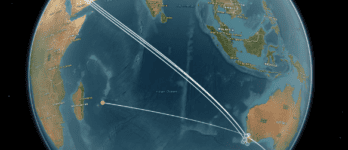
The Challenge
The Gazetteer of Historical Australian Places (GHAP) is a service that gives access to over 330,000 historical and contemporary Australian placenames and their coordinates. Based on the Australian National Placenames Survey (ANPS), it also allows the community to contribute Indigenous and historical names that are not in the ANPS database.
GHAP was deployed as a module within the Time-Layered Cultural Map (TLCMap) platform, a suite of mapping tools launched in 2020 for HASS and Indigenous researchers with an ARC Linkage, Infrastructure, Equipment and Facilities (LIEF) grant and later, co-investment from the ARDC.
Following interest from the technical leads of some of the HASS RDC and Indigenous Research Capability platforms, the ARDC invited the University of Newcastle to develop GHAP into a standalone service to better suit the platforms’ needs.
The Response
This project aimed to:
- establish GHAP as a separate entity with its own landing page
- refactor GHAP’s code to make it more robust and efficient
- incorporate the National Composite Gazetteer of Australia as a third stream of data
- incorporate 2 large datasets on cultural venues in Australia, one from AusStage (12,244 records) and another from the AusCinema project (3,231 records)
- add a new solution for maintaining persistent placename identifiers
- make available spatiotemporal metrics, specifically that of dispersion within and proximity between datasets
- make a workflow for exporting GHAP data in standard formats using a containerised approach
- add a full suite of documentation to suit user and training needs.
Along with TLCMap, GHAP is hosted on the ARDC Nectar Research Cloud.
Outcomes
GHAP is now live and freely available. Access GHAP.
In summary, the project has:
- established GHAP as a standalone infrastructure
- improved the service’s usability
- expanded the service’s core data and developed a workflow for user data upload and update
- developed archiving and user data reproducibility methods
- developed a quantitative metrics feature.
Who Will Benefit
This project will benefit a broad range of researchers, particularly HASS and Indigenous researchers.
A standalone GHAP will be of particular advantage to users focusing on identifying placenames and giving them map references, who can now directly access the service.
The Partners
This project is led by the University of Newcastle in partnership with the ARDC.
Further Resources
- Learn about a pilot study contributing to the TLCMap that’s exploring the history of land alienation over a seies of parishes in New South Wales.
- Learn more about our previous co-investment in TLCMap.
Timeframe
Current Phase
ARDC Co-investment
Project lead
Categories
Research Topic
Related Case Studies




